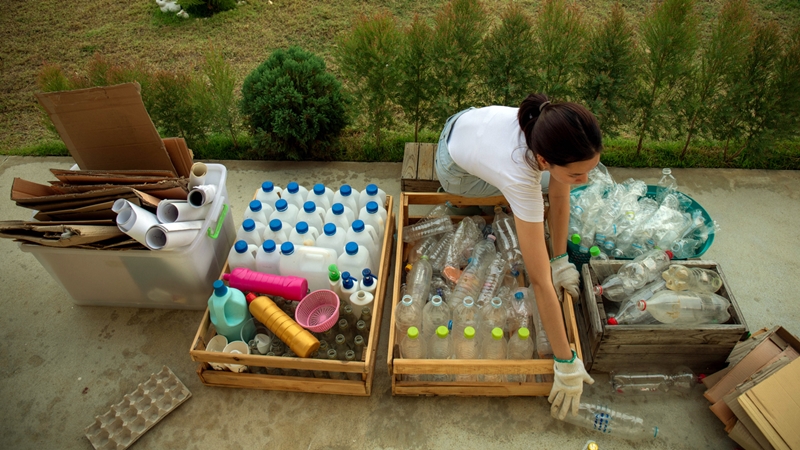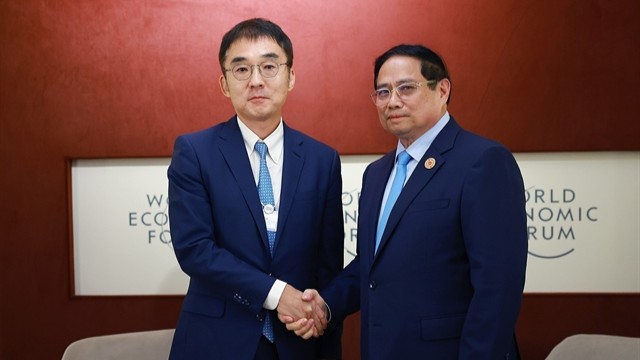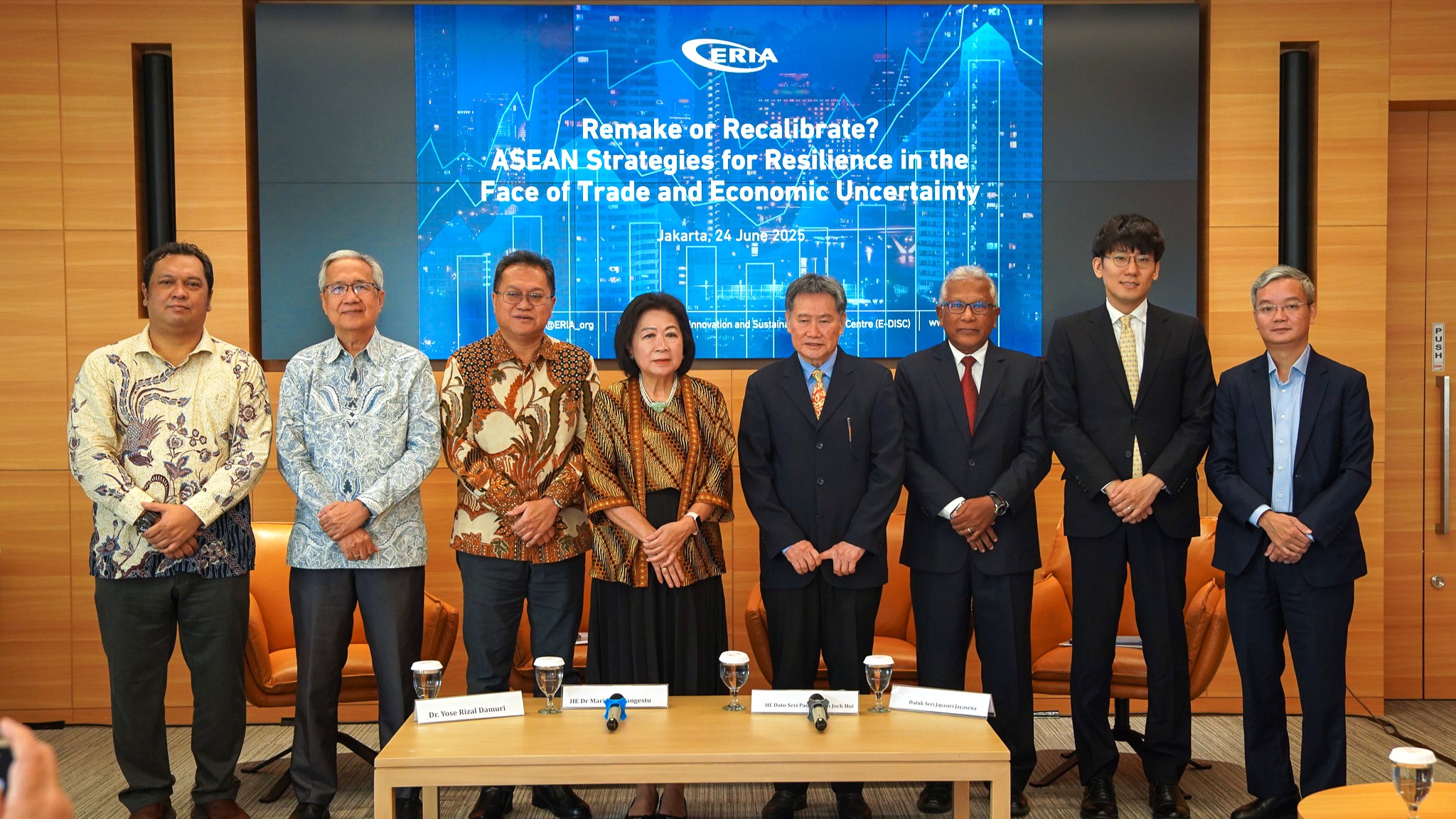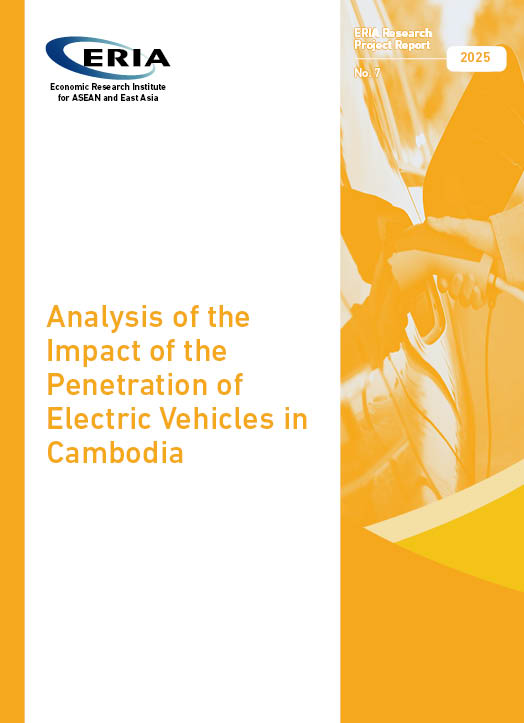Breaking the Green Ceiling: Women Entrepreneurship in the ASEAN Green Economy
Date:
27 June 2023Category:
OpinionsTopics:
ASEAN, EntrepreneurshipShare Article:
Print Article:
In this article, Giulia Ajmone Marsan (Strategy and Partnership Director) and Rubeena Singh (External Consultant) from Economic Research Institute for ASEAN and East Asia (ERIA) examine the importance of women entrepreneurship in advancing the ASEAN green economy.
This article is published in collaboration with the Tech for Good Institute.
By Giulia Ajmone Marsan and Rubeena Singh
The green transformation has become one the biggest challenges of our time. Green entrepreneurship has emerged as a critical solution for addressing environmental degradation and promoting sustainable development in the ASEAN region. It involves the creation of businesses that prioritise the well-being of the planet while generating economic growth. At the heart of this transformation, lies innovation. Innovative solutions are the keys to unlocking and identifying new ways of addressing this complex and multi-faceted challenge. This is why green entrepreneurship is so important; it holds the greatest potential for transformation of economies and societies. However, we also need to make sure that this transformation combines sustainability with inclusion.
Therefore, promoting gender equality in green entrepreneurship is crucial for sustainable development in ASEAN. Women are essential agents of change in environmental sustainability, as they tend to prioritise social and environmental outcomes in their businesses. Therefore, supporting women in green entrepreneurship can contribute to inclusive and sustainable economic growth in the region.
Addressing Gender Disparity in Entrepreneurship and the Green Sector
Understanding the current state of gender disparity in entrepreneurship and the green sector in ASEAN is crucial context to this topic. For example, despite significant advancements in education among women in Southeast Asia, the benefits have yet to extend fully to employment and entrepreneurship opportunities. Women-owned micro, small, and medium-sized enterprises (MSMEs) operate on a smaller scale with limited scope compared to businesses owned by men. In the green sector, women also face significant barriers to entry, as men predominantly hold leadership positions and receive most of the funding and resources across the ASEAN region. For instance, women's representation on energy company boards in Southeast Asia is below 50%, ranging from 10.7% in Thailand to 29.7% in Vietnam. This limited representation of women hampers their meaningful and equal engagement in energy decision-making across the region.
Moreover, women in green entrepreneurship face unique challenges that hinder their participation, such as limited access to finance and markets, lack of technical skills and education, and gender-based discrimination. Consequently, their knowledge, needs, and preferences often receive insufficient consideration in energy infrastructure development, including renewable energy projects. An illustrative example is the Truong Son hydropower project in Vietnam, where social norms and restrictive expectations on women's behavior limited their ability to influence decisions regarding the dam.
Despite these challenges, many female green entrepreneurs in ASEAN are driving gender equality and sustainable development. Several success stories highlight the potential of women in contributing to the green economy. For instance, Rebricks, led by co-founders Ovy Sabrina and Novita Tan, ranked among the top three start-ups in the Circular Innovation Jam (CIJ) organised by The Incubation Network. Headquartered in Indonesia, Rebricks specialises in recycling plastics that conventional recycling systems typically reject. Denica Flesch, founder of Sukkha Citta based in Indonesia, is gaining international recognition for her sustainable fashion company whose motto is “farm to closet”, empowers female weavers in rural Indonesia while incorporating regenerative agriculture and plant-based dyes into her business model.
Another reason for optimism stems from ASEAN's demographics: by 2025, Generation Z and Millennials will comprise half of Asia-Pacific's population, representing a significant portion of consumers in the region. Surveys conducted by prominent consultancies have indicated younger ASEAN consumers' preference for inclusive and sustainable products and services. Consequently, it is reasonable to anticipate that their consumption patterns will play a vital role in driving the development of sustainable and inclusive business models.
In conclusion, addressing the gender disparity in entrepreneurship and the green sector in ASEAN requires targeted policies and initiatives. It is crucial to increase women's access to finance and markets, improve their access to education and training, and combat gender-based discrimination in the workplace. Enabling full participation of women in green entrepreneurship not only enhances productivity and drives innovation but also serves as a cornerstone in constructing more cohesive societies. This underscores the fundamental importance of women's economic empowerment for the green transformation.
About the writers
Giulia Ajmone Marsan is an innovation, technology, entrepreneurship strategist, with over 15 years of experience in economic policy analysis and advice, capacity building and economic diplomacy. During her career, Giulia has advised a broad range of government officials, international organisations and other stakeholders globally, including across Asia, Latin America, Africa, and OECD countries. She is currently the Director of Strategy and Partnership at the Economic Research Institute for ASEAN and East Asia
Rubeena Singh is a researcher and thought leader on topics related to sustainability, diversity and inclusion, and social impact. Her work has been featured in the Asian Development Bank and GWL Voices for Change and Inclusion, among others. Before transitioning to research-based content development, Rubeena practiced as a clinical Speech Language Pathologist for eight years across Canada. She also gained international experience during her time at a social enterprise clinic in Cambodia.
This article was adapted from a blog post published by the Tech for Good Institute on 28 June 2023.








